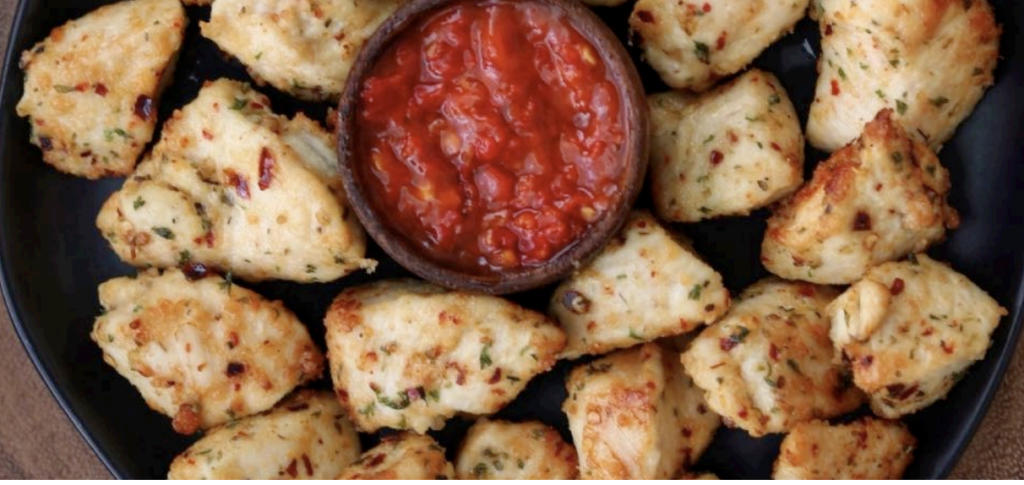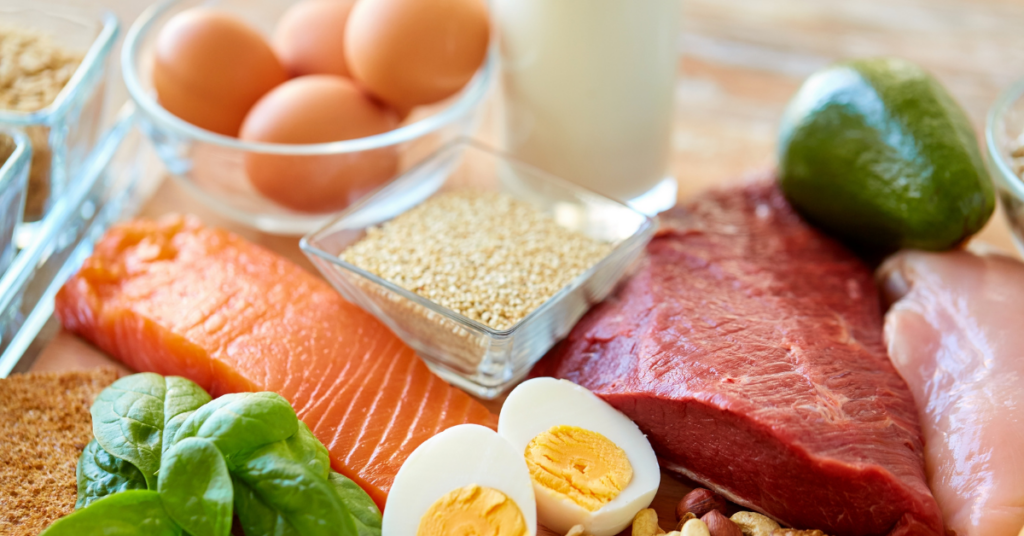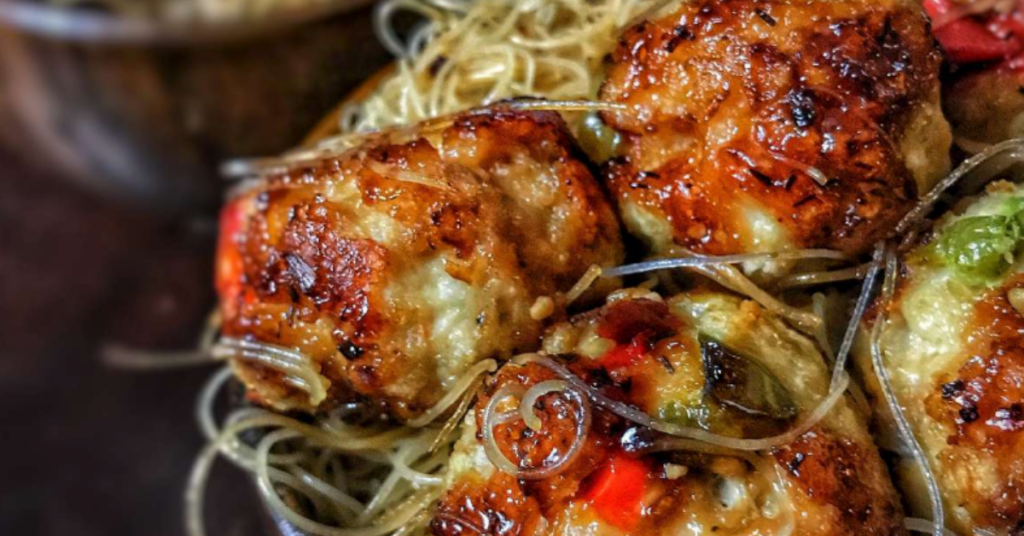Good and evil. Beatles and Stones. Lakers and Celtics. Seinfeld and Friends. There are certain choices in our lives that we all recognize represent a trade-off. By choosing one, we’re decidedly not choosing the other. We’re planting our flag and making our preference known.
Call it zero-sum. Call it binary thinking. Call it black and white. Today we’re going to call it a trade-off.
This is a natural human tendency. We’re processing so much information on a daily basis that if we were consciously sifting through it we’d be hopelessly overwhelmed. So one of the ways that we form like-minded groups of people to belong to is by viewing things as a binary choice and aligning ourselves with the people on our side of that choice.
Now, even if this is a natural tendency, treating everything in life as a binary trade-off is a short-sighted way to go about living. There are plenty of situations in our lives where we’re not locked into some binary choice. Where our choices aren’t actually zero-sum and we can have multiple things that we want. But then there are others where trade-offs are a reality that we have to deal with, no matter how hard we try to convince ourselves otherwise.
Opportunity cost.
In basic economics, you’re taught about an important theory known as opportunity cost. Economists do their best to put together a confusing definition for this term, but at it’s most very basic level what opportunity cost means is:
If you choose one thing you’re not choosing something else.
This means if you’re making a choice, you’re choosing all of the benefits that come from that choice and also choosing not to get the benefits that come from another, separate choice. We can apply the idea of opportunity cost to nearly every aspect of our lives. If you, before Coronavirus, were choosing to fly to Paris for a week-long vacation you were actively choosing to not travel to Sydney for that same vacation at the same time. Because, well, we can’t be in two places at once. Not everyone can be Hermione Granger.
In the work world, if you’re working on one big and time-consuming project, that means that you’re actively not spending that time on another project that needs to be worked on. Because, well, no matter how hard you work you still only get a certain amount of hours in a day and a week. That time has to be allocated and prioritized — and to do that you’ve got to make a choice. A trade-off.
But those are all a bit high-minded and not exactly relevant to the mundane and ordinary that makes up our daily lives. So let’s get more granular. If you choose to sleep in, you’re at the same time, choosing to sacrifice part of your morning. If you choose to veg out to some mindless TV at night then you’re also choosing not to learn something from a book or podcast at that time. These aren’t judgemental points to be made, just FYI. I’m a dedicated reader and lover of learning, but I also spend my fair share of time watching mindless TV. The point is when we choose to do something with our time, we’re not getting that time back. So by choosing one thing we’re willingly sacrificing another.
These are all trade-offs that we consider on a daily basis without even thinking about it. It’s something we’re naturally inclined to do, and it’s something that we have to do in order to keep ourselves sane. Choosing between these trade-offs is something we’re good at. But there is one area of our lives where we could get a bit better at thinking about our trade-offs.
Dieting and trade-offs.
The dieting world is full of trade-offs. Every choice you’re making while dieting is a situation where you’re actively working through potential trade-offs and evaluating your decision. For example:
Let’s say you love eating take-out. You hate to cook, you and your partner both love eating from local restaurants, so you get takeout often. Usually 4-5x a week. But, at the same time, you have a goal to lose weight and be a healthier person. There’s a trade-off that comes into play here.
At some point or another, one of those things has to change. You either have to start eating take out a little bit less or you have to come to grips with the idea that you’re making your weight loss journey more difficult by eating takeout 4-5x a week. Not impossible, mind you. But more difficult? Definitely. There’s a trade-off that has to be consistently considered here along with your values and your goals. You have to decide what is most important to you both now and in the future. And in considering that, you’re considering trade-offs.
- If you decide to make something at home, you’re choosing to give up the short term happiness that comes from eating take out.
- If you decide to eat take out, you’re choosing to potentially slow down your progress and put a hold on your consistent weight loss over the past few weeks.
Your relationship with your trade-offs.
There’s no way around it. This dieting thing can be hard. Flat out difficult. There are temptations all over the place and we live in a world that is designed to help us gain weight.
But in a way, learning to carefully consider your trade-offs is really learning to consider your future self. Someone that can get into the habit of considering the future version of themselves is bound to have an easier time navigating difficult situations because they’re able to take a step back, objectively evaluate their options, and choose the trade-off that is most in line with their goals and values.
And here’s our main point: if you want to be successful at dieting, or anything, you have to begin working on your relationship with your trade-offs. Or, put another way, your relationship with your future self.
Those who learn to actively consider their future selves are constantly evaluating their trade-offs and making choices that might not always be fun or enjoyable in that moment, but that serves their long-term interests. Which brings us to an important point:
Your own trade-offs are yours. Nobody else’s. The future version of yourself is your own responsibility. While that might sound scary in some respects, it’s also freeing. If we can understand that we’re a reflection of our priorities and values, then we can start to see the places where our chosen trade-offs reflect those priorities and values.
Learn to consider your own trade-offs.
If you want to find a way to make this work for you forever, this is one of those things that might not bring immediate results. Learning to consider your trade-offs and future self isn’t going to make you drop 11lbs overnight. But what it will do is help you begin laying a foundation for your future self to stand upon.
When you’re confronted with a choice, there are a few simple reframes you can run through to check yourself and ensure that you’re making a choice that helps move you closer to your goals:
- Be willing to choose your no
- Ask yourself: “What would my future self want me to do here?”
- Ask yourself: “How would a healthy person act?”
- Ask yourself: “How does this decision serve my interests, goals, and priorities?”
All too often most of us tend to get ourselves into trouble because we’re flying blind. When we’re making choices we’re hardly ever taking time to stop and consider the ramifications of those choices. We’re typically pretty good at this, so we can get by most of the time. But when we’re working on something as difficult and layered as losing weight and maintaining that weight loss, we need to find ways to press pause. To give ourselves just a small bit of space to consider what we’re doing before we act. Learn to do that and progress will come. And the progress that comes will be here to stay.







